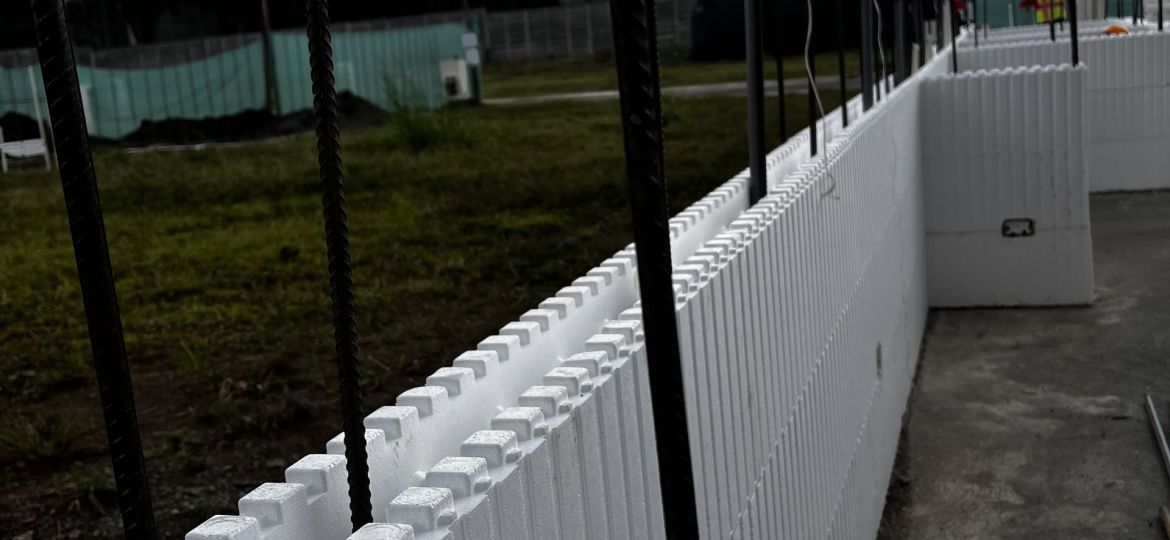
As the world shifts towards more sustainable and energy-efficient building practices, Expanded Polystyrene (EPS) panels are emerging as a game-changer in modern construction. With the increasing demand for eco-friendly solutions, EPS panels offer a revolutionary alternative to traditional building materials, providing superior insulation, durability, and efficiency.
What Are EPS Panels?
EPS panels are lightweight, high-performance building materials composed of expanded polystyrene cores encased between two structural layers. These panels are designed to enhance energy efficiency, reduce environmental impact, and streamline the construction process. They are widely used in residential, commercial, and industrial projects due to their numerous benefits.
Key Advantages of EPS Panels
1. Energy Efficiency & Insulation
One of the most significant advantages of EPS panels is their exceptional thermal and acoustic insulation properties. Their high R-value helps maintain indoor temperatures, reducing the need for heating and cooling systems. This translates to lower energy consumption and significant cost savings for homeowners and businesses alike.
2. Sustainable & Eco-Friendly
EPS panels contribute to sustainable construction by reducing waste and optimizing material usage. Their manufacturing process generates minimal environmental impact, and many panels are made using recyclable materials. Additionally, their long lifespan and durability further promote sustainability by reducing the need for frequent repairs or replacements.
3. Faster & More Efficient Construction
Compared to traditional brick and concrete methods, EPS panels allow for faster installation, reducing construction time by up to 50%. This efficiency not only lowers labor costs but also minimizes disruptions, making it an ideal solution for rapid development projects.
4. Structural Strength & Durability
Despite being lightweight, EPS panels offer exceptional structural integrity. When combined with concrete filling, they create a highly durable and resilient framework that withstands extreme weather conditions, seismic activity, and other external forces. This ensures long-term safety and stability for buildings constructed with EPS technology.
5. Reduced Waste & Lower Carbon Footprint
Traditional construction methods generate a significant amount of waste, whereas EPS panels are precision-engineered to minimize excess materials. This results in up to 95% waste reduction on-site, making EPS an environmentally responsible choice for sustainable building practices.
The Role of EPS Panels in the Future of Construction
With global efforts to combat climate change and promote green building initiatives, EPS panels are increasingly recognized as a crucial component of sustainable architecture. Many countries are integrating EPS technology into their construction regulations, incentivizing builders to adopt energy-efficient and low-impact materials.
Moreover, EPS panels are aligning with sustainability certification programs, such as the Blue Flag Ecological Program, which evaluates projects based on environmental responsibility and energy performance. As developers and homeowners seek greener alternatives, EPS panels continue to lead the way in redefining the future of construction.
Conclusion
EPS panels are transforming the construction industry by offering an innovative, sustainable, and efficient solution for modern building challenges. Their ability to reduce energy consumption, enhance structural strength, and minimize environmental impact makes them the ideal choice for the future of eco-friendly architecture. As we move towards more responsible construction practices, EPS panels will play a pivotal role in shaping a greener and more sustainable world.
